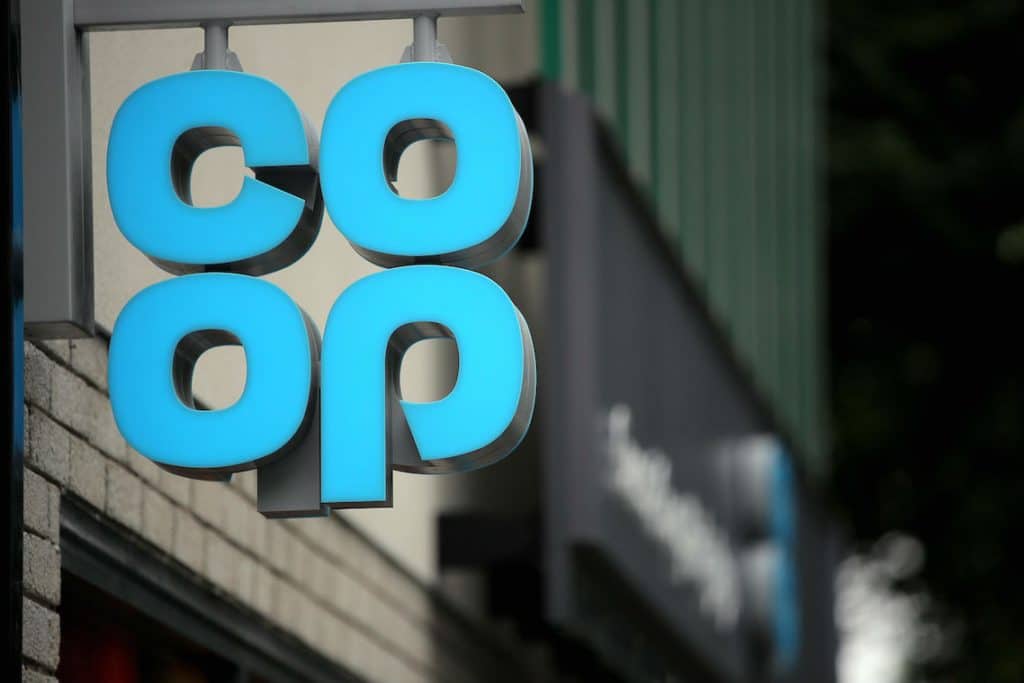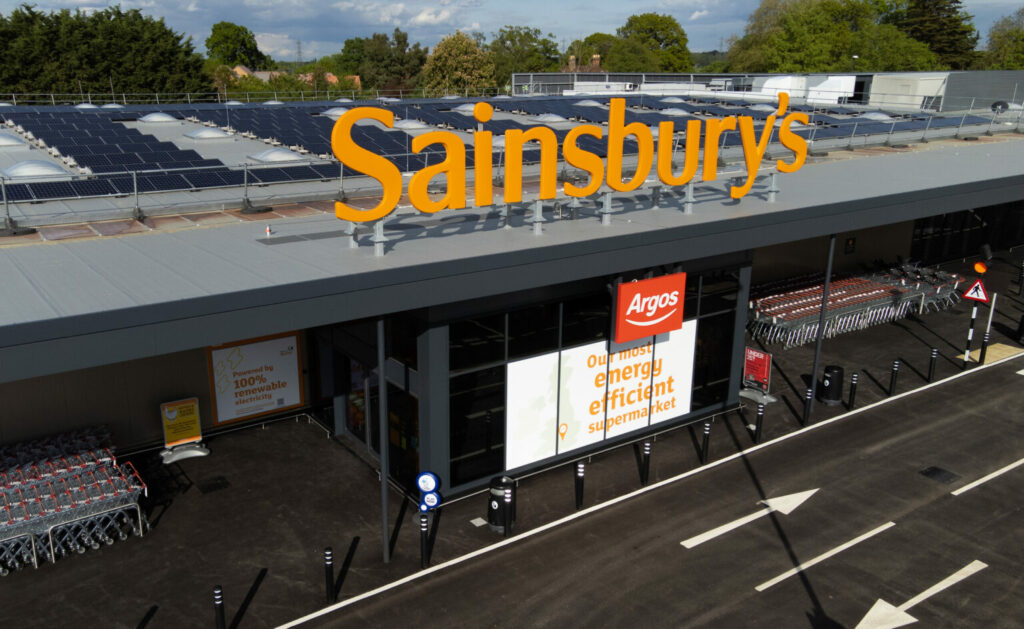// The Co-op raises £300m bond to support Fairtrade producers
// The sterling bond meets the UN’s Sustainable Development Goals
// The proceeds will be used to ship Fairtrade products, produce new ones, & fund marketing
The Co-op has raised a £300 million bond to support the Fairtrade Foundation.
The sterling bond is categorised as “sustainable”, which means it meets the UN’s Sustainable Development Goals.
The proceeds will be used to ship Fairtrade products, produce new ones, and fund marketing.
Meanwhile, the bond – paying 5.125 per cent coupon over five years – was in demand by financial institutions searching for sustainable investments.
The Fairtrade mark pledges a minimum price for producers and workers in developing countries and is usually spotted on items such as bananas, chocolate and sugar.
The Co-op has said the Fairtrade mark has moved into new areas, such as rubber gloves.
“The popularity of this bond demonstrates confidence in the Co-op’s growth strategy and in particular how we’ve placed sustainability at the heart of our future plans,” Co-op chief executive Steve Murrells said.
“Co-op was an early pioneer of Fairtrade, and now with the support of like-minded investors we can grow it further, opening up new opportunities and creating value for our members as well as producers and communities in developing countries.”
The Co-op said it could issue up to £900 million of sustainability bonds to access more responsibly sourced products and deliver energy efficient technology to reduce emissions.
Over 1.6 million farmers currently depend on Fairtrade for a sustainable living, according to the Fairtrade Foundation.
Furthermore, the grocer reported that its Fairtrade sales grew by 6.3 per cent in 2018, while Fairtrade produce in the UK market fell by 8.3 per cent overall.
Supermarkets such as Sainsbury’s have reduced their Fairtrade offerings in recent years.
The Big 4 grocer unveiled a “fairly traded” mark for its own-brand tea in 2017, which it said was equivalent to Fairtrade.
However, UK charity Oxfam criticised this initiative, saying it “risked being a regressive step”, because Sainsbury’s would decide how extra money was distributed, rather than the Fairtrade Foundation.
Click here to sign up to Retail Gazette‘s free daily email newsletter

















